Apple's long-term goal with its self-driving project is likely the ridesharing/ridehailing market, and the associated team is said to be hiring again despite last year's layoffs and reorganization, according to a report.
The team is still feeling the impact from last year, and "suffering from some confusion of purpose," Business Insider said, citing a source who has allegedly seen Apple's technology and that of several other self-driving car platforms. The new recruitment efforts are said to be focused on people with experience in autonomous car software.
The company was at one point believed to be working on a self-designed vehicle under the "Project Titan" moniker, but is now thought to be concentrating on a platform instead.
The company's "PAIL" (Palo Alto to Infinite Loop) shuttle — exposed earlier this week — is still just an intermediary step, the source suggested. One of Google's earliest efforts in real-world testing of self-driving systems was a shuttle at the Googleplex campus in Mountain View.
At this stage, Apple has no interest in becoming its own ridehailing service like Uber or Lyft, the source said.
"Even if they have this [autonomous vehicle] specialty, and they get to a mature point on it, they don't have the operations expertise. It's the same thing that Waymo is facing," the person remarked.
That could further fuel speculation around Apple's close ties with Chinese ridehailing service Didi Chuxing. Apple made a $1 billion investment last year, and Didi recently opened a self-driving car lab in Mountain View, not far from Apple's headquarters. Outfitting Didi vehicles would create an instant market for any self-driving platform.
In terms of progress, Apple's technology is where Google "was three years ago," the source claimed. Since then Google has spun off its self-driving work into a separate company, Waymo, which is already running a test ridehailing service in Phoenix. That service should eventually turn into a commercial operation.
 Roger Fingas
Roger Fingas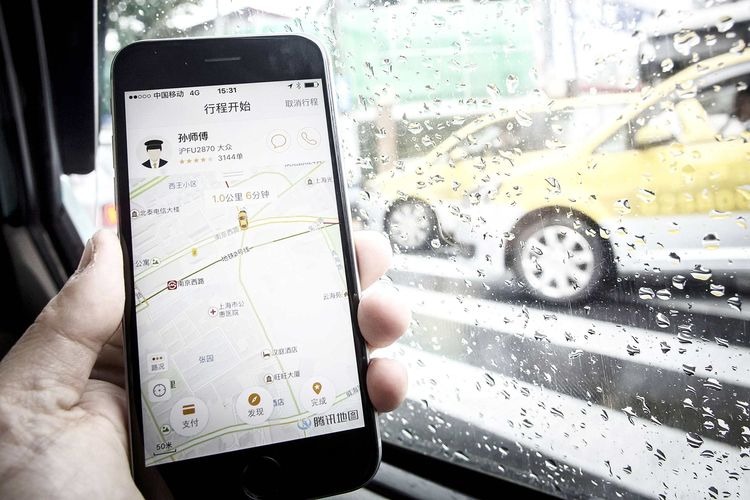








 William Gallagher
William Gallagher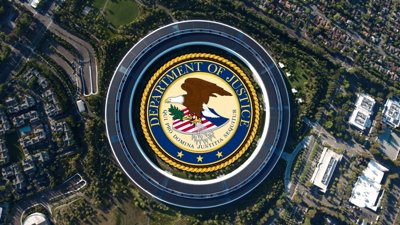
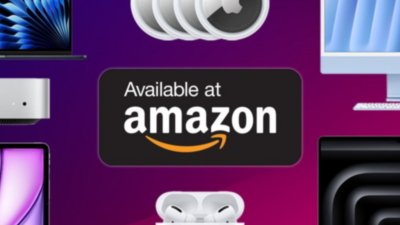
 Christine McKee
Christine McKee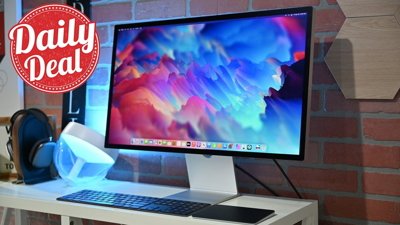
 AppleInsider Staff
AppleInsider Staff
 Chip Loder
Chip Loder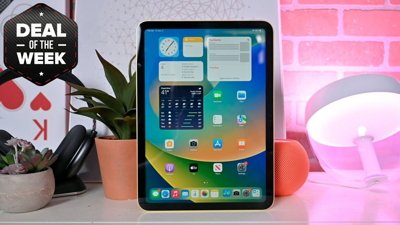
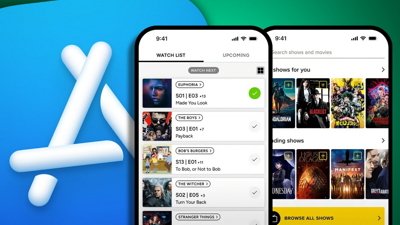
 Malcolm Owen
Malcolm Owen
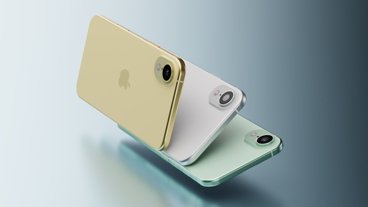
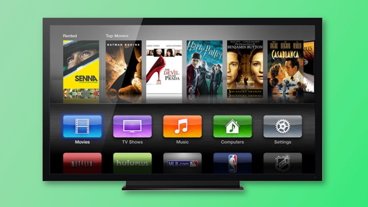







20 Comments
This really makes much more sense. Car ownership is expected to decline in the coming years and we've already seen this decline in certain groups. Obviously, there will still be people that need cars. For me owning a car feels like more of a necessitated burden. It all comes down to costs to the consumer. Once the cost of ride hailing comes down to the point where it's close to the cost of car payment+insurance+maintenance, it's an easy decision. With UberPool/LyftLine, it's already at that point in many urban centers.
I have a problem with a China-owned company (even if they have an office in the US) having access to US customer data. How would Apple ensure data privacy in this collaboration?
Well of course it's ride-hailing, just as every car-maker realizes by now. The days of a car in every driveway are already passing.
Millennials as a group have less interest in driving, are more likely to do their socializing on-line rather than visiting friends homes or going to bars/restaurants/clubs, prefer to shop on-line rather than traveling to a B&M, and and so in general have fewer reasons to drive to begin with. When the need does arise they're more likely to share transportation with another friend in their group, maybe chip in on the gas, when they go out rather than driving themselves. Even possessing a driver's license is less likely than in previous generations. For many of them them car ownership isn't seen as a necessity or even a want anymore.
Because of the changing dynamics GM, Ford, Mazda, Fiat-Chrysler, Google, Mercedes, Nissan and likely Apple along with several other car-makers and transportation companies are all looking at the same future football field to play on, one skewed more towards sharing as long as folks can get from A to B when those less-frequent needs to go out and about arise.